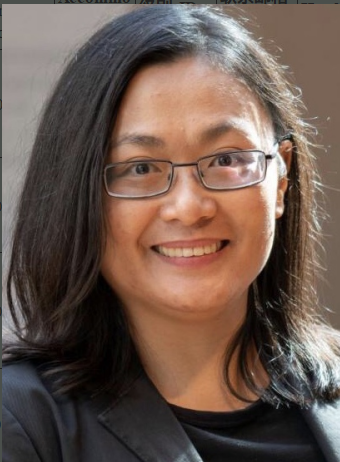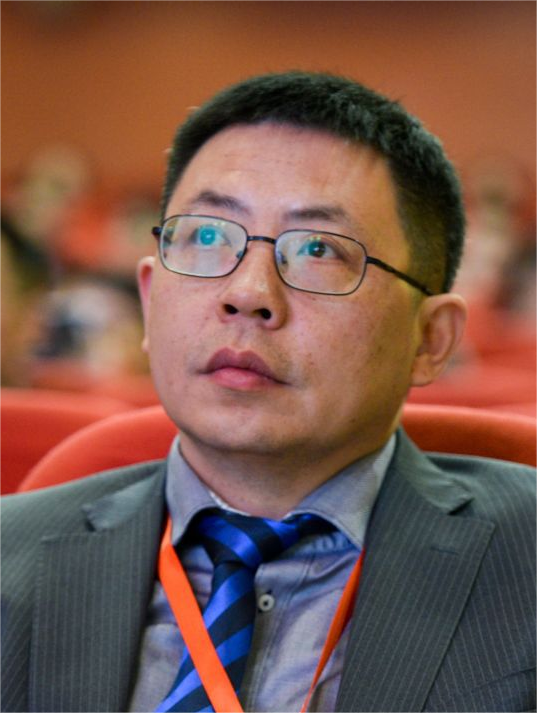Speskers 2023
Keynote Speaker I

Prof. Vivian W. Y. Tam
Western Sydney University
Biography Sketch: Distinguished Professor Vivian W. Y. Tam is a world-leading researcher in the field of construction engineering and management. Her findings have found applications and impact for tackling climate-change issues for green buildings and recycled concrete. She is currently the Director of Centre for Infrastructure Engineering, Associate Dean (Research and HDR), Associate Dean (International) and Discipline Leader (Construction Management) at School of Engineering, Design and Built Environment, Western Sydney University, Australia. She was nominated to the College of Expert, Australian Research Council, Australian Government in 2018-2021. She is currently the Editor-in-Chief of International Journal of Construction Management and Senior Editor of Construction and Building Materials. She has published over 330 referred journal articles. She has been awarded fifty-three research grants (totalled over $5 million). Her work has been recognised by peers nationally and internationally, which has been exemplified by seven Australian Research Council projects and over 24,000 citations with a h-index of 81. Vivian is also named as 100,000 Top-Scientists (Top 2% Scientists) in the World for since 2017. Vivian is also nominated as a Runner Up, Scopus Researcher of the Year Award 2019, Excellence in Research Impacting a Sustainable Future, Scopus, and her team has won the Gold Award, 2021 Urban Innovation and Entrepreneurship Competition, Guangzhou International Sister-City Universities (GISU), from this project development.
Speech Title: Next Era in Recycling Concrete
Abstract: Construction and demolition waste is one of the largest contributors to landfills. Unfortunately, the utilisation of construction and demolition waste as recycled aggregate in concrete is not common. CO2 Concrete is invented by injecting CO2 into recycled aggregate for concrete applications. The overall performance of CO2 Concrete has matching performance as virgin concrete. The enhancement of CO2 Concrete alongside the consistency that the material can display provides a great deal of future value.
Keynote Speaker II

Prof. Kevin Zhang
School of Engineering, RMIT University
Biography Sketch: Professor Kevin Zhang is an expert in sustainable construction and building information management, with 25 years of teaching research and industry experience. Professor Zhang is also the Associate Dean of the School of Engineering at RMIT, managing the Department of Civil and Infrastructure Engineering. RMIT's civil engineering discipline ranks among the top 50 (Shanghai Ranking) and top 100 (QS Global Ranking) in the world, with more than 70 academic staff and around 1,700 students. Professor Zhang has extensive academic and research leadership in construction engineering and management, with a special interest in sustainable construction and asset management, and works on applied digital engineering and life cycle assessment. He has led and participated in a number of research projects including ARC linkage projects, CRC projects and industry funded projects, with a total funding of more than AU$15 million. He is also actively working with industry, government and universities in Australia and overseas. He has published more than 300 publications, including more than 120 SCI indexed papers. He has guided more than 20 doctoral students to graduate. At present, his research group is mainly engaged in the research of sustainable, low-carbon and digital construction. The research group includes 4 professors/associate professors, 4 researchers, and nearly 30 doctoral students.
Speech Title: Circular Economy: The Transformation of Reclaimed Solid Waste into Construction Materials
Abstract: Every country, developing and developed countries, faces the same issues as the consequence of growing population, and social and economical shifting behaviour, namely the increasing waste generation. Implementing the circular economy instead of the linear economy is believed to be able to overcome the challenge regarding waste management. As a circular economy principle, solid waste generation should be reduced, reused, and recycled in order to retain resource value for as long as possible. This paper aims to identify the opportunity and barriers to transforming reclaimed solid waste, namely construction and demolition, timber, ash textile, tyre, plastic, glass and paper waste, into construction materials, based on current research findings in construction materials.